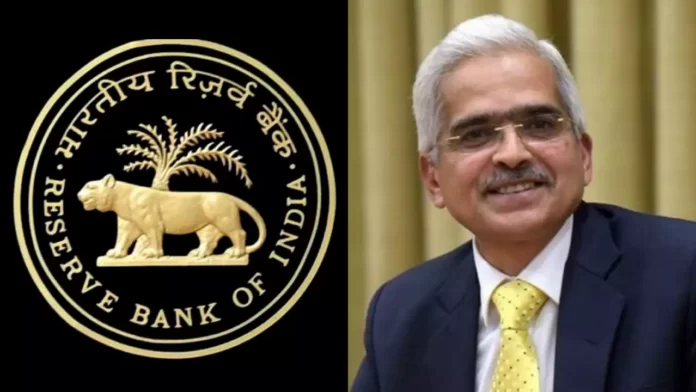The Reserve Bank of India (RBI) has introduced new guidelines governing the disbursement of loans to individuals and Micro, Small, and Medium Enterprises (MSMEs). The move comes amidst growing concerns over the proliferation of non-performing assets (NPAs) and the need to ensure the prudent allocation of credit by financial institutions. The RBI’s proactive measures aim to enhance transparency, mitigate risks, and facilitate greater access to credit for deserving borrowers.
The new regulations introduced by the RBI represent a comprehensive framework designed to govern the lending activities of banks and non-banking financial companies (NBFCs) across the country. These guidelines encompass various aspects of the loan disbursal process, including eligibility criteria, risk assessment, documentation requirements, and loan restructuring mechanisms, with a particular focus on individuals and MSMEs, which form the backbone of the Indian economy.
One of the key highlights of the RBI’s new guidelines is the emphasis on enhancing transparency and disclosure standards in the loan origination process. Banks and NBFCs are now required to provide clear and comprehensive information to borrowers regarding the terms and conditions of the loan, including interest rates, fees, charges, and repayment schedules. This move is aimed at empowering borrowers to make informed decisions and avoid falling into debt traps due to hidden charges or predatory lending practices.
Furthermore, the RBI has introduced stringent eligibility criteria and risk assessment norms to ensure that loans are extended only to creditworthy borrowers who have the capacity to repay their debts. Financial institutions are mandated to conduct thorough due diligence and credit appraisal processes, taking into account factors such as income stability, credit history, debt-to-income ratios, and collateral security, where applicable. By adopting a risk-based approach to lending, the RBI aims to mitigate the incidence of defaults and NPAs, thereby safeguarding the stability of the banking system.
In addition to enhancing credit appraisal standards, the RBI has also introduced measures to facilitate the restructuring of loans for borrowers facing temporary financial difficulties. Recognizing the adverse impact of the COVID-19 pandemic on businesses and individuals, the central bank has permitted banks and NBFCs to provide relief measures such as loan moratoriums, repayment extensions, and interest rate concessions on a case-by-case basis. These flexible restructuring options are intended to provide much-needed relief to borrowers grappling with liquidity constraints while ensuring the continuity of credit flows to the economy.
Moreover, the RBI’s new guidelines place a renewed emphasis on promoting financial inclusion and expanding access to credit for underserved segments of the population, including MSMEs and individuals from marginalized communities. Banks and NBFCs are encouraged to adopt technology-driven solutions such as digital lending platforms, online loan applications, and automated credit scoring models to streamline the loan disbursal process and reach out to a wider pool of borrowers. Additionally, financial institutions are urged to leverage data analytics and alternative credit assessment methodologies to assess the creditworthiness of borrowers with limited or no formal credit history.
The issuance of new guidelines by the RBI marks a significant milestone in the ongoing efforts to strengthen the regulatory framework governing lending activities in India. By promoting responsible lending practices, enhancing transparency and disclosure standards, and facilitating loan restructuring mechanisms, the central bank aims to foster a sound and resilient banking system that is capable of supporting the country’s economic growth objectives.
However, the successful implementation of these regulations will require close collaboration between banks, NBFCs, regulatory authorities, and other stakeholders. It is imperative for financial institutions to align their lending practices with the spirit and intent of the RBI’s guidelines, while also prioritizing customer interests and financial prudence. Additionally, ongoing monitoring and supervision by regulatory authorities will be essential to ensure compliance with the prescribed norms and address any emerging risks or challenges in the lending landscape.
In addition, the RBI’s issuance of new rules governing the disbursement of loans to individuals and MSMEs reflects its commitment to fostering a robust and inclusive financial ecosystem. By promoting responsible lending practices, enhancing transparency, and facilitating loan restructuring options, the central bank aims to create a conducive environment for sustainable credit growth and economic development in India.

